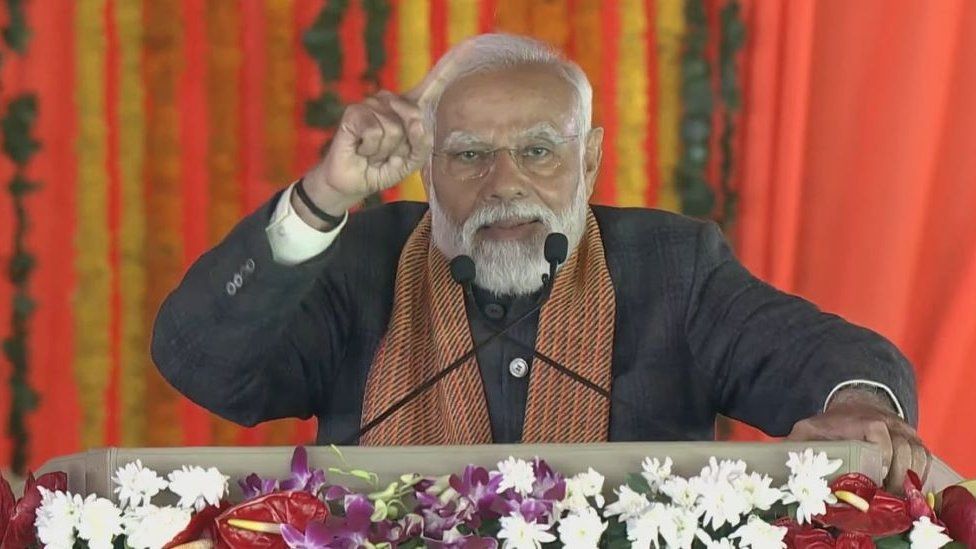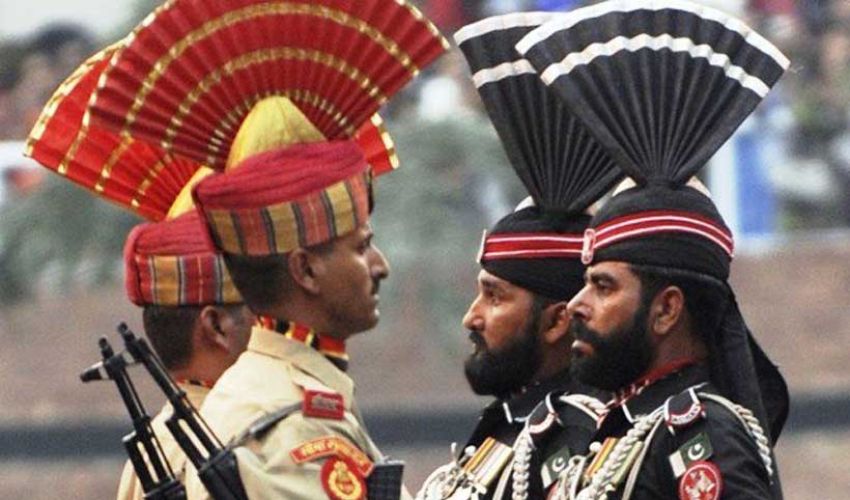Recent reports from international media outlets have highlighted the growing influence of Hindutva ideology beyond India's borders, particularly among the Indian diaspora in Western countries. This development has raised concerns about the spread of caste-based discrimination and political activism supporting Prime Minister Narendra Modi's policies.
Since 2014, Modi's government has been criticized for policies that allegedly target Muslims and lower-caste Hindus. These policies have now found supporters among some upper-caste Hindu immigrants in Western nations, who are reportedly perpetuating caste-based prejudices against Dalits and other lower-caste individuals in their adopted countries.
The reports also suggest that pro-Modi activists in Western countries are attempting to influence local policymakers, particularly regarding issues such as human rights in Kashmir. This comes in the wake of the abrogation of Article 370 in August 2019, which changed the status of Jammu and Kashmir.
Critics argue that these efforts aim to downplay concerns about human rights violations in Kashmir and the treatment of minorities in India. They point to controversial measures like the Citizenship Amendment Bill as examples of policies that have raised international concern.
The silence of Western governments on these issues, despite ongoing reports of discrimination against Dalits and Muslims in India, has been noted as a matter of concern by human rights advocates.
As these developments unfold, questions arise about the long-term implications of Hindutva's global reach and its impact on international perceptions of India's domestic policies.



























